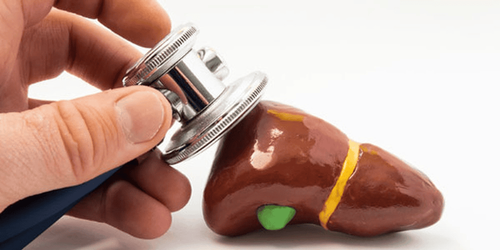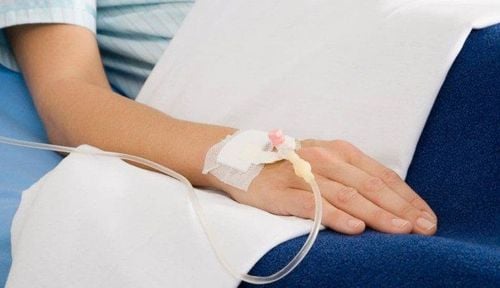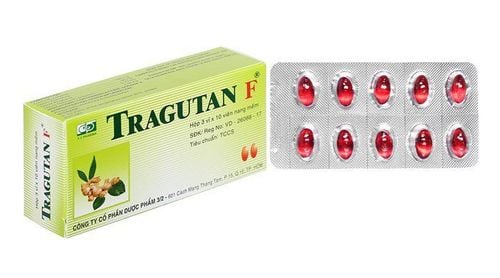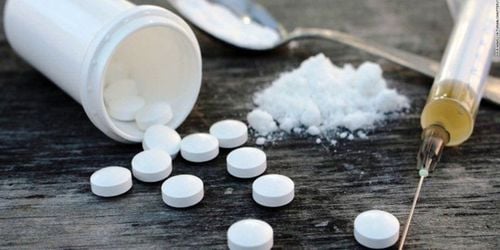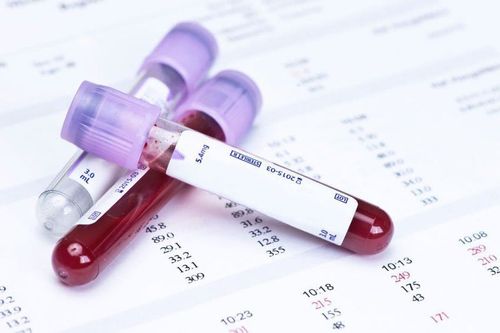This is an automatically translated article.
The article is written by Master, Doctor Le Thai Bao - ICU Doctor - Intensive Care Department - Vinmec Times City International Hospital
The most commonly used drug today is an opium drug, the most common being heroin. Acute poisoning with opium drugs can cause rapid death due to respiratory arrest, respiratory failure, and hypotension. Treatment of acute opiate poisoning is mainly using the antidote naloxone.
1. Outline
Acute poisoning with drugs of the opiate group can cause rapid death due to respiratory arrest, respiratory failure, and hypotension.
Treatment of acute opiate poisoning is mainly using the antidote naloxone. Naloxone also has very serious, life-threatening complications of overdose, so it is necessary to strictly follow the treatment protocol.
2. Designation
Treatment of acute poisoning with opioids is indicated for:
Patients with opiate poisoning due to injecting and smoking addiction. Abuse of opium to treat diarrhea and cough. Poisoning by swallowing drugs for transportation purposes
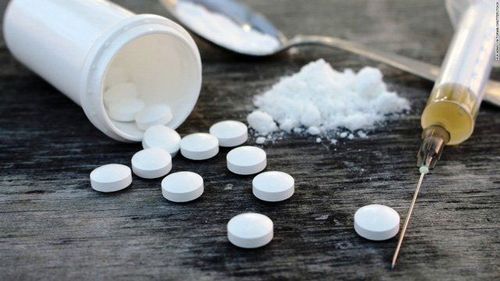
3. Prepare technical process
Performers : 01 Doctor, 02 nurses; Wear a hat, wear a mask, wash your hands before the examination and procedure.
Means (calculated for 24 hours):
Sterile infusion kit Personal protective kit Pack of hand sanitizers Sanitizing kits Instruments and supportive drugs (calculated on actual basis) Intubation, Ambu ball , ventilator, oxygen, monitor to monitor and measure SpO2 Infusion: Sodium chloride 0.9%, glucose 5% Naloxone Patient
Explain to patient's family Medical record: Record indications, patient's condition
4. Steps to take
Place patient on bed or stretcher, immobilize limbs (if patient is stimulated) Assess consciousness, Glasgow score, breathing rate, pulse, blood pressure, pupil Take blood for test, place intravenous line, Collect urine for testing Perform emergency steps according to the patient's condition: Follow the ABC rules to ensure breathing and circulation Inject naloxone 0.4mg intravenously. Repeat if necessary until patient has spontaneous breathing rate ≥ 8 breaths/min. If the patient has a partial response, squeeze the balloon through the mask and inject naloxone. Breathe nasal oxygen and ensure breathing. If unresponsive, intubation, mechanical ventilation. Infusion of 0.9% sodium chloride, 5% glucose ensures blood pressure. If the patient is intoxicated with a high-dose or slow-release, long-acting opioid, the symptoms of toxicity will reappear, requiring additional monitoring for at least 3-4 hours after the last dose of naloxone Treatment for complications Other contraindications In case of severe intoxication due to the ingestion of body packs of Heroin but broken, a continuous infusion of Naloxone (maximum dose used is 7mg/hour for several days), activated charcoal may be required. , wash the intestines completely. Oral opiate overdose is treated with single-dose activated charcoal. Tests for diagnosis and treatment monitoring: Blood count, liver and kidney function, viral hepatitis, HIV, electrocardiogram, chest x-ray. In some cases of suspected traumatic brain injury accompanied by a CT scan of the skull. When the patient is stable, explain to the patient and family members for the patient to go to rehab.
5. Follow up
Naloxone overdose can cause acute heroin deficiency syndrome: Convulsions, spasticity, hypertonia, acute pulmonary edema. Pregnant patients may experience uterine contractions and labor while taking Naloxone. Monitor progress and detect complications: arrhythmia, hypotension, acute pulmonary edema, hypoglycemia, hypothermia, rhabdomyolysis, acute renal failure, infective endocarditis in patients with injecting for many years... or poisoning with other drugs such as alcohol, synthetic drugs, sleeping pills... Rarely convulsions due to overdose of refined opioids except in children.
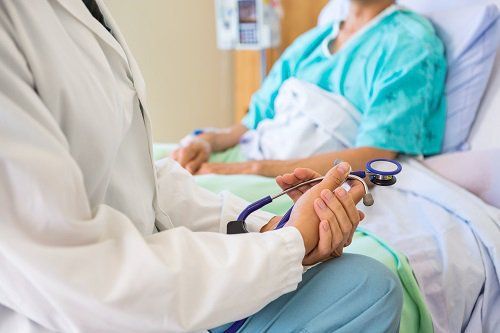
Please dial HOTLINE for more information or register for an appointment HERE. Download MyVinmec app to make appointments faster and to manage your bookings easily.





